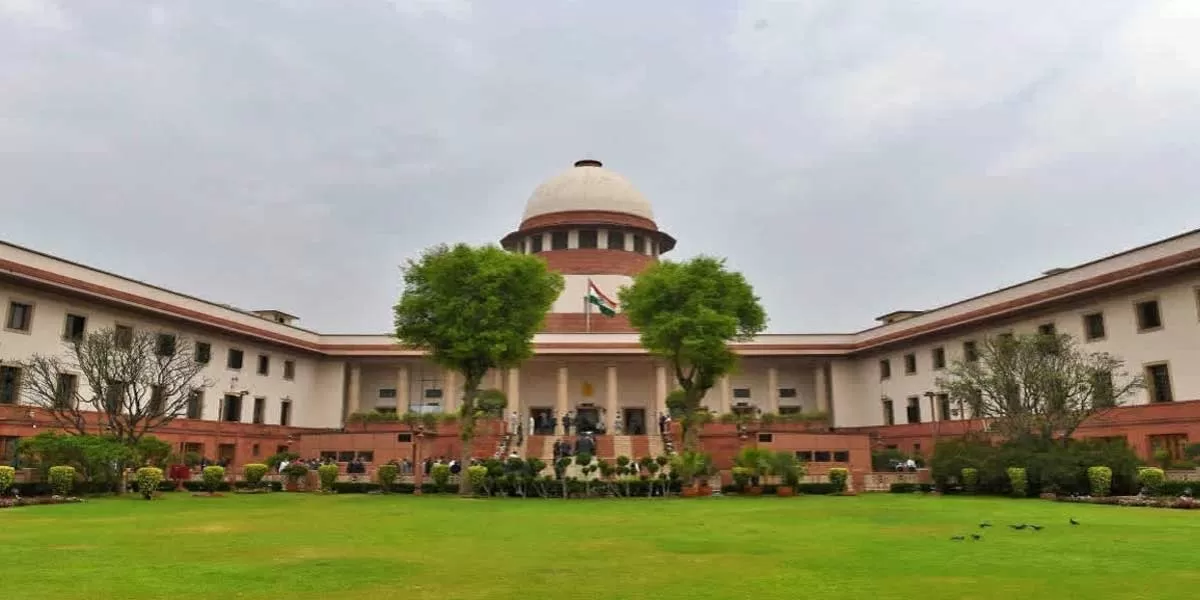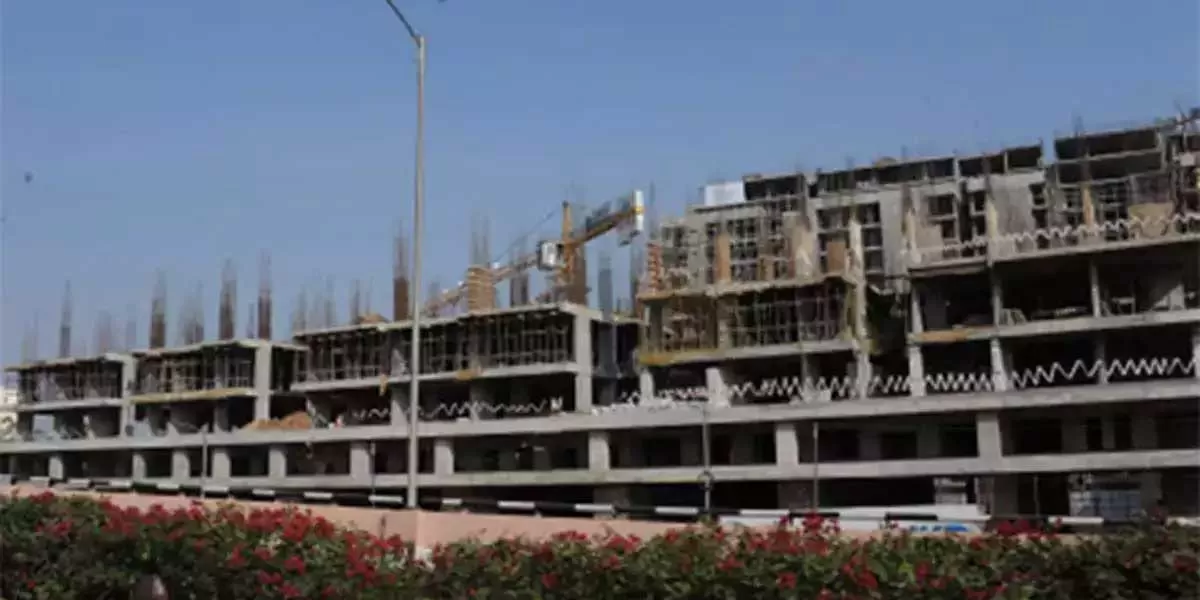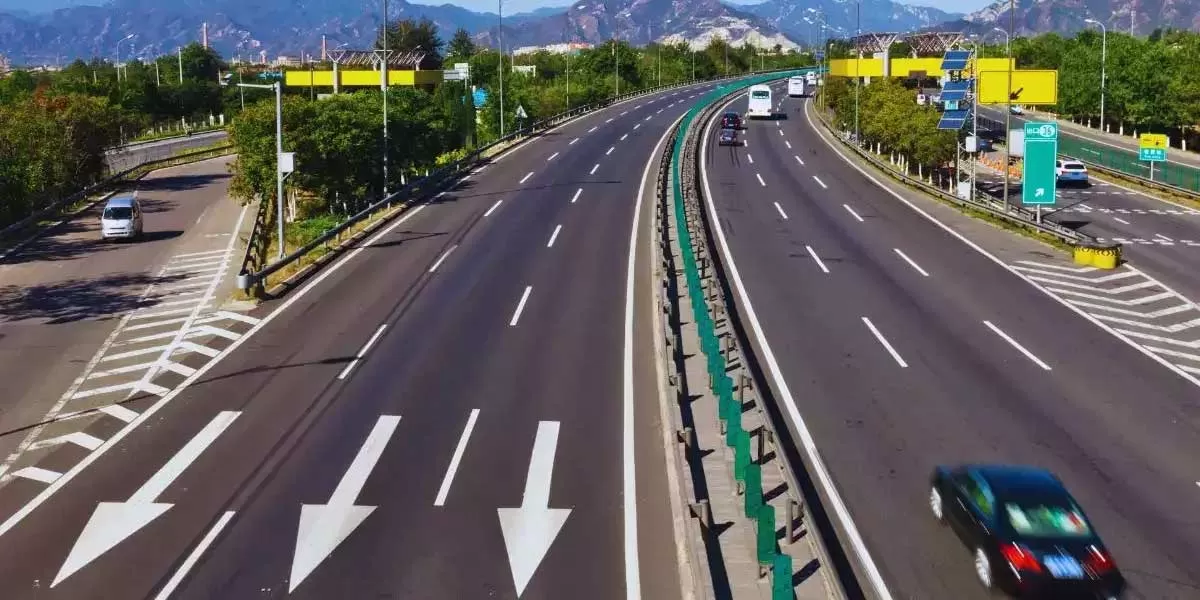
Supreme Court Empowers States to Tax Mineral Resources

Ajmera Realty Acquires Land Parcel in Ghatkopar East
Ajmera Realty & Infra India (ARIIL) has acquired a 1,341.1 sq. mt. premium land parcel in Ghatkopar East, Mumbai. This acquisition, secured through a competitive bidding process with KJ Somaiya Trust at a cost of Rs 0.51 billion. With the earnest money paid and an MoU in place, the project is expected to yield a carpet area of ~44,000 sq. ft., with an estimated GDV of Rs 1.75 billion, said the BSE filing.Situated in Ghatkopar East, a well-established locality with a rising demand for spacious, high-end living, the company sees significant potential to launch an ultra-luxury project in this..

Lemon Tree Hotels Launches 8th Property in Gujarat
Lemon Tree Hotels announces the opening of Keys Lite by Lemon Tree Hotels, Vadodara, Gujarat. This is the eighth property of the group in the state, as per the BSE filing.The efficient and affordable hotel features 63 well-appointed rooms and will open in two phases. Of these 57 rooms, a multi-cuisine coffee shop – Keys Café, along with expansive banquet spaces and conference facilities will be launched in the first phase. The remaining six rooms will be operational soon after in the second phase.Vadodara is known for its glorious past, echoed in its magnificent palaces and rich culture. Be..

Nagpur-Goa Shaktipeeth Expressway Set to Revolutionise Travel
The Nagpur-Goa Shaktipeeth Expressway, a major 802-kilometer six-lane route, is set to revolutionize travel between Nagpur and Goa. Developed by the Maharashtra State Road Development Corporation (MSRDC), this expressway will slash travel time from 18-20 hours to just 8-10 hours. By enhancing connectivity across 12 districts, it aims to boost tourism, regional development, and provide easier access to spiritual sites.Stretching from Pavnar in Wardha district to Patradevi on the Maharashtra-Goa border, the expressway will pass through several districts, including Wardha, Yavatmal, Hingoli, Nand..















